Legal with Leah – Supreme Court rules on WOTUS case
The U.S. Supreme Court ruled 9-0 that the EPA went too far with its enforcement of the Clean Water Act.
Read MoreOhio Farm Bureau filed a brief in this case, focused on correcting the myth that if the Clean Water Act doesn't cover wetlands, then there would be no regulation or protection.
Sackett v. U.S. EPA is a water case under review by the U.S. Supreme Court. Ohio Farm Bureau recently joined with other state Farm Bureaus to file an amicus brief with the court. Leah Curtis, policy counsel for Ohio Farm Bureau has the details in this Legal with Leah.
Listen to Legal with Leah, a podcast featuring Ohio Farm Bureau’s Policy Counsel Leah Curtis discussing topics impacting farmers and landowners.
Ty Higgins [00:00:00] This is Legal with Leah. I’m Ty Higgins, joined in studio by Leah Curtis, policy counsel with Ohio Farm Bureau, talking about a case at the U.S. Supreme Cour:. Sackett v. U.S. EPA. It’s a water case under review by the Supreme Court. Ohio Farm Bureau recently joined with other state Farm Bureaus to file an amicus brief with the court. Leah, what’s this case all about?
Leah Curtis [00:00:20] So this is actually the second time that this case has been set to be heard at the U.S. Supreme Court. The specific facts are that the Sacketts want to build a home near a lake and the U.S. EPA has found that there’s a wetland on that property. And so the Clean Water Act and its prohibition against dredge and fill of wetlands has come into play. But keep in mind that once the case gets to the U.S. Supreme Court, the individual facts of the specific situation are not really the focus anymore. Now we’re talking about the interpretation of a federal law or a constitutional law. And so in this case, the question is, when is a wetland a water of the United States or WOTUS, as we often call it, that the Clean Water Act covers?
Ty Higgins [00:01:00] Something that’s been in the news here recently as they try to refocus WOTUS into what it was a few years ago under a different administration. It seems like it’s a pretty simple question. So why is it so complicated?
Leah Curtis [00:01:11] Well, it’s complicated because of science and water. And water doesn’t just sit in one place, as we all know. And the Clean Water Act, it just says that it applies to waters in the United States, which are navigable waters. So those are very simple words, but figuring out what those words mean is difficult. And so that question becomes when is a wetland part of that navigable water? When is it a part of that, or when is it separate and distinct as its own body of water? It further gets complicated because we have other Supreme Court rulings. It’s always the lawyers’ faults. And there was a case called Rapanos and that dealt with when is a wetlands a WOTUS? Same question basically. And in that case, the court could not figure things out. They could not get to one opinion. So we have what we call the Scalia opinion, where Justice Antonin Scalia wrote an opinion that said a wetland is only covered if it is direct and a continuous service connection to a navigable water. And then we have the Kennedy opinion where Justice Anthony Kennedy wrote separately and said, yes, in this case there wasn’t a wetland. But we determine if a wetland is under the Clean Water Act, if there’s a significant nexus with a navigable water, which could be a chemical, a physical, a biological or a hydrological connection. So, again, very nebulous, very hard to understand. And so this uncertainty that’s been created by this Rapanos case is really why we’ve seen all this controversy over the last several years and back and forth on what really is a WOTUS. It’s everybody trying to figure out what is the standard in the law.
Ty Higgins [00:02:40] So now back to Sackett v. U.S. EPA. What did Ohio Farm Bureau have to say to the court?
Leah Curtis [00:02:45] So we filed a brief with a number of our fellow state Farm Bureaus, and we focused on correcting this myth that if the Clean Water Act doesn’t cover wetlands, then there would be no regulation or protection. In fact, Ohio, we do have rules that protect what we call isolated wetlands or wetlands that are not connected to a federally protected water. So there’s regulation, there’s permitting. There’s actually a similar set up to the Clean Water Act, but at the state level. And so our brief highlighted that each state has very unique needs when it comes to their water resources. You know, what happens in Ohio is not the same as Arizona. And not only is there still regulation, but the state is really well equipped to handle that regulation in line with what’s unique about their water systems and their ecological systems.
Ty Higgins [00:03:26] All sounds very complicated, but it’s in Ohio Farm Bureau and American Farm Bureau’s policy that WOTUS should not be this complicated. And we’ll hopefully going to see that coming out of this Supreme Court case.
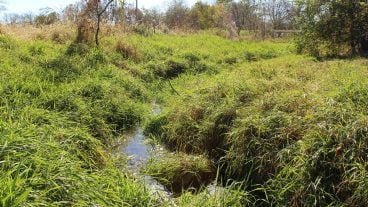
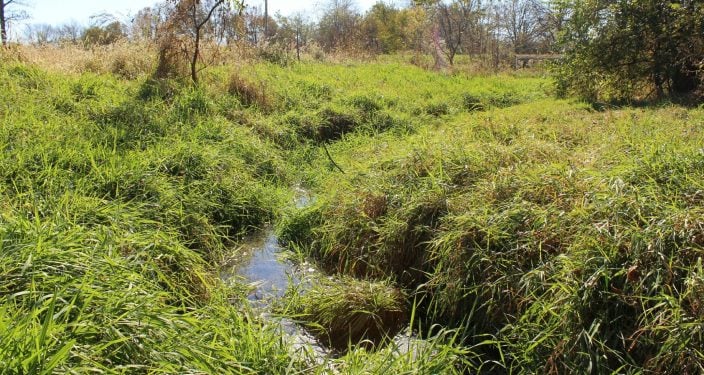
The U.S. Supreme Court ruled 9-0 that the EPA went too far with its enforcement of the Clean Water Act.
Read More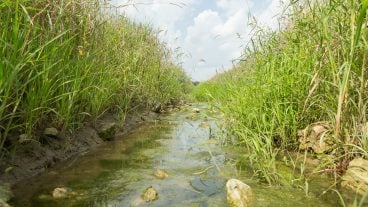
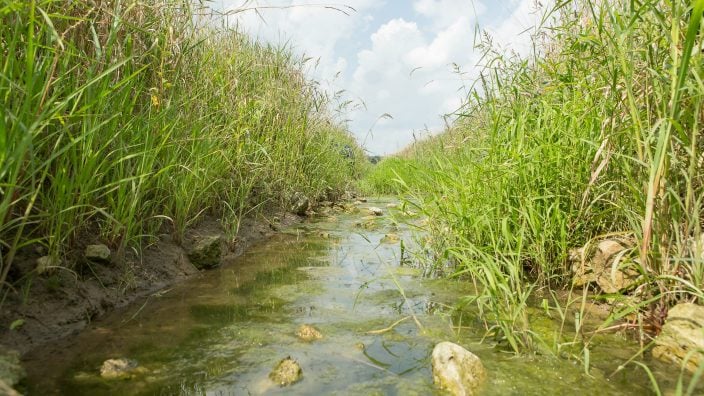
A second U.S. District Court ruled to halt the 2023 Waters of the United States rule. This ruling stops implementation of the rule in 24 states, including Ohio.
Read More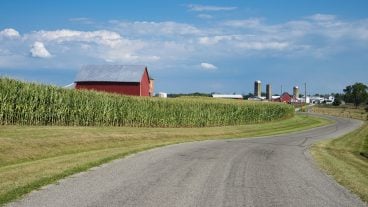
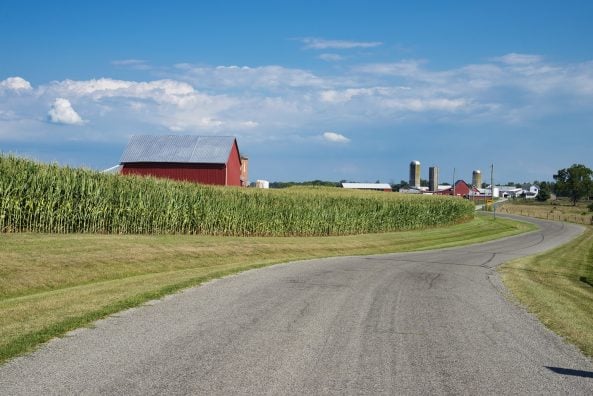
American Farmland Trust Midwest Regional Director Kristopher Reynolds shares what trends are showing us for farmland loss across the country and how Ohio falls into the mix.
Read More

Ohio Farm Bureau filed a brief in this case, focused on correcting the myth that if the Clean Water Act doesn’t cover wetlands, then there would be no regulation or protection.
Read More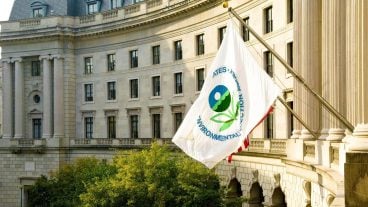
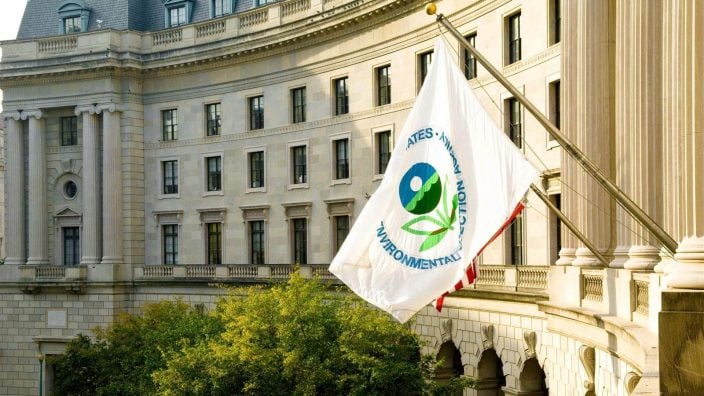
Some of the latest moves from the U.S. Environmental Protection Agency could have some adverse effects on American agriculture.
Read More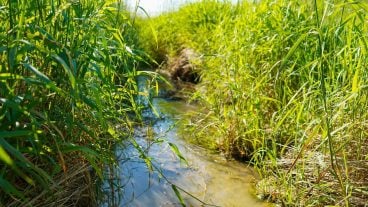
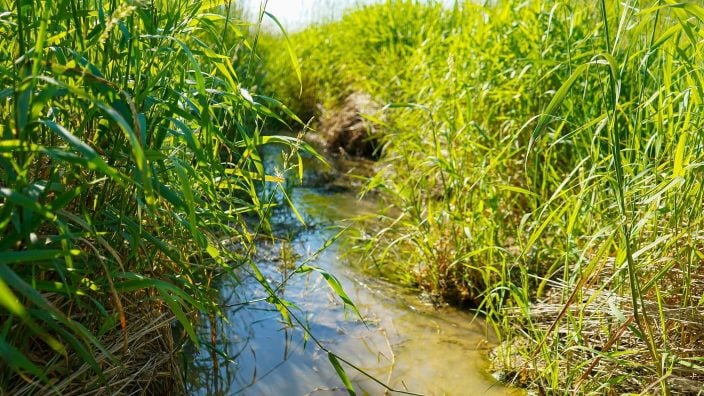
In the recommendations, Ohio Farm Bureau expressed disappointment in EPA’s decision to replace the Navigable Waters Protection Rule and explains why the rule should be left in place.
Read More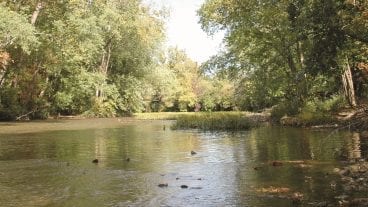

The Environmental Protection Agency comment period on the revised definition of Waters of the United States is now open, and…
Read More

The U.S. EPA and Army Corps of Engineers announced on Jan. 31 they are withdrawing and rewriting the Waters of…
Read More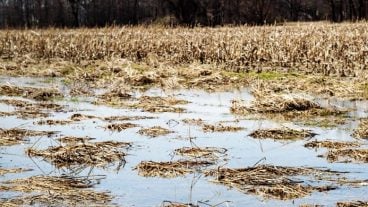
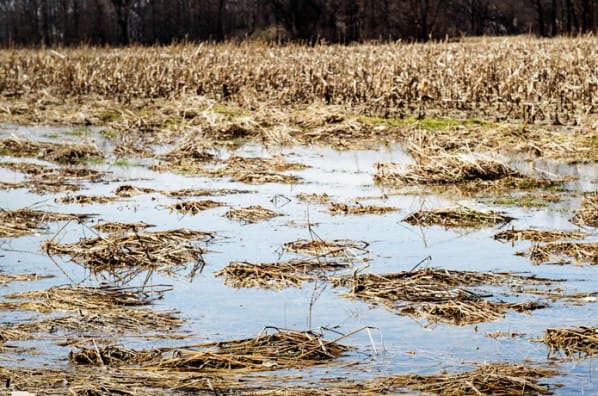
The U.S. Environmental Protection Agency made a proposal June 27 to rescind the Clean Water Rule and revert to the…
Read More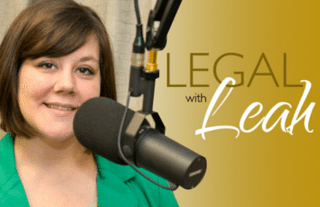
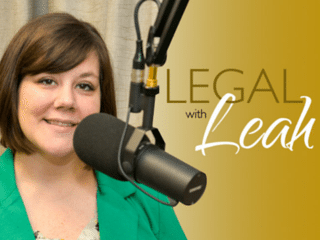
The U.S. EPA is attempting to go beyond its legislated authority to regulate agriculture under the Clean Water Act. Leah…
Read More